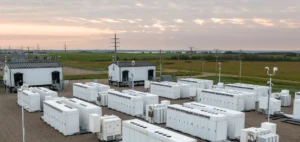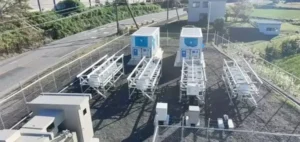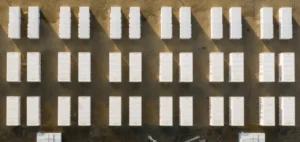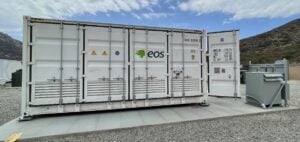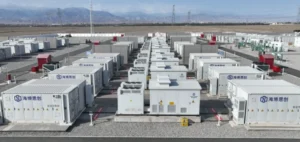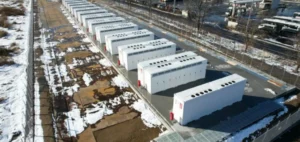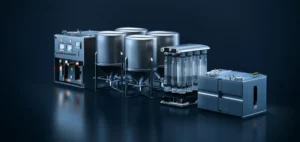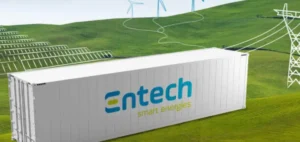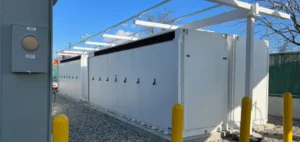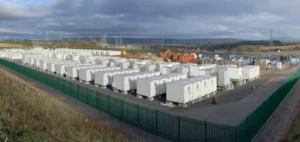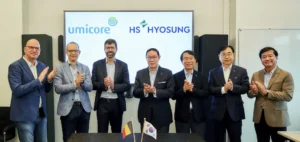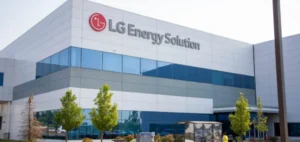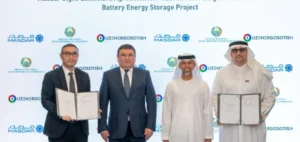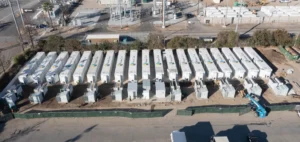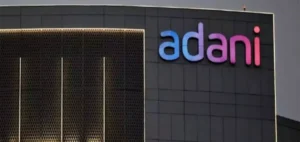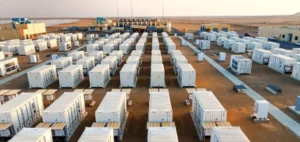By announcing Friday the choice of Dunkirk for a large battery factory, the Taiwanese ProLogium intends to make France a pioneer country, to mass produce a new generation of battery, called “solid”, more resistant and more powerful than the previous ones, assures the group.
“There are many reasons for a location in France,” Gilles Normand, the group’s vice president in charge of international development, said in an interview with several news agencies, as French President Emmanuel Macron is expected to visit the northern French city on Friday to highlight the region’s reindustrialization.
In total, ProLogium intends to invest 5.2 billion euros in Dunkirk by 2030 to reach an annual production capacity of 48 GWh, enough for hundreds of thousands of cars. The group hopes to begin production at the end of 2026 and to ramp up production over several years, creating 3,000 jobs at the plant and 12,000 indirect jobs in the region. The Taiwanese company wanted “to have access to decarbonized electricity” and in Dunkirk, “we not only have access to nuclear electricity but also to offshore wind turbines,” says Gilles Normand.
“A real ecosystem for batteries is developing in the north of France,” he says, while three other “gigafactories” projects have already been announced: in Douvrin, scheduled to open at the end of May; in Douai; and in Dunkirk, with the French start-up Verkor. “This will allow us to have a critical mass to see the installation of material suppliers,” while the current “lithium-ion” batteries are very greedy in critical metals such as lithium, graphite or cobalt, with a supply chain today largely controlled by China.
A more powerful battery
It also allows “proximity to our customers because many electric vehicle factories are located in Northern Europe” and “Dunkirk is very well connected by rail, road and a deep-water port that facilitates imports and exports of our products,” continues Gilles Normand. ProLogium, founded in 2006, presents itself as a pioneer of the solid state battery which allows to reach “a power between 360 and 390 watts per kg against between 160 and 180 watts per kg for lithium-ion batteries”, assures its founder and CEO Vincent Yang.
The solid state battery differs from its competitors in that it has a solid electrolyte – to carry the electrical charge – and not a liquid electrolyte as in traditional batteries. The separator – a key element for the functioning of a battery – is made of ceramic instead of polymer, making the battery much more resistant to shocks, less prone to short circuits and therefore to catch fire. The anode – one of the two electrodes – is made entirely of silicon oxide, which is easier to find in Europe than the graphite usually used, which comes “90% from China,” according to Normand.
“Currently, at least six OEMs in Europe and the United States are in the testing phase,” adds Vincent Yang, while this technology is still waiting to be approved for electric mobility.
Reduced weight
The solid-state battery allows for serious improvements, according to the two executives. “It charges to 80% in 12 minutes, whereas if you take a Tesla Model 3, for example, it takes 20 minutes” on a fast charge, Normand explains. The new technology allows to “double the autonomy” of the batteries while reducing their weight “by at least 11%, or at least 50 kg”, he continued. Now “50 kg on a car is huge, it allows you to reduce the braking system, etc.” The plant will have to reach a production level of 30 GWh before it can be competitive, he says.
ProLogium plans to invest its own funds before filling its order book. The battery’s certifications “will take at least two years” before it is adopted by manufacturers, Normand predicts. Since its creation, ProLogium has raised 700 million euros and counts Mercedes-Benz among its shareholders. The company is counting on European and national financial aid for the green industry and plans an IPO to finance its investments.



